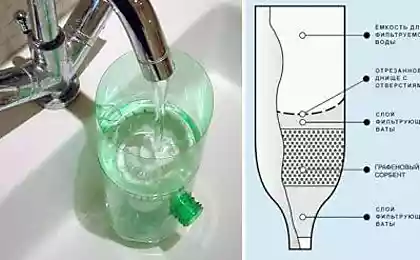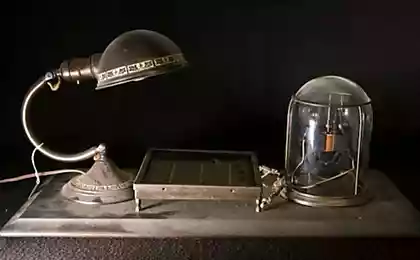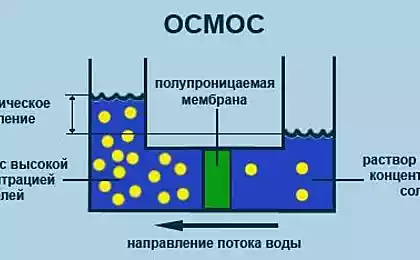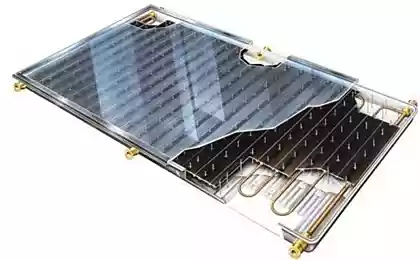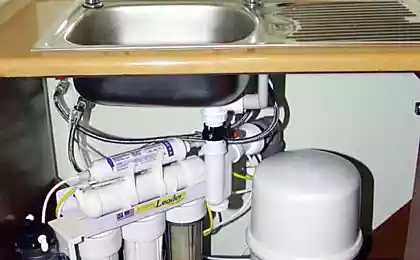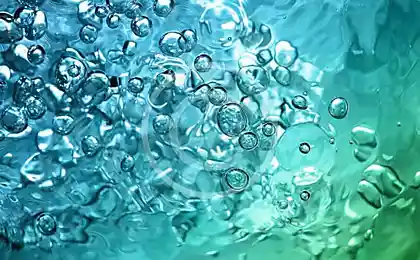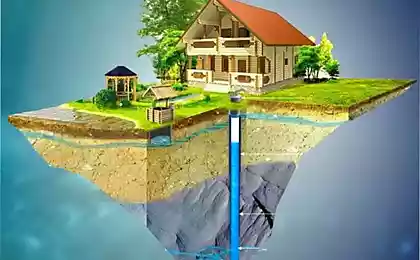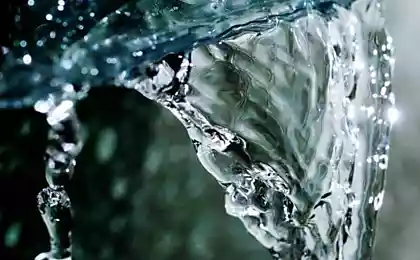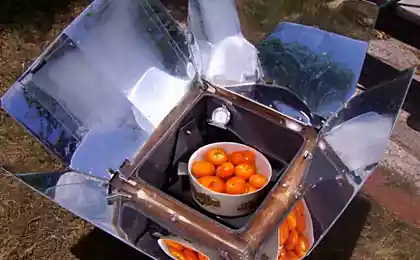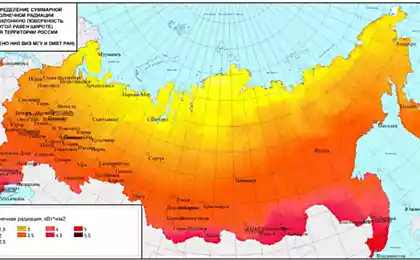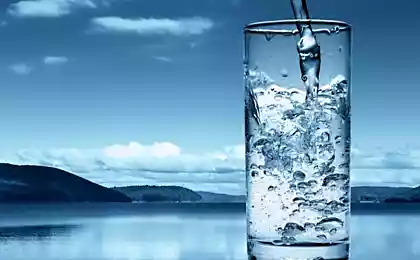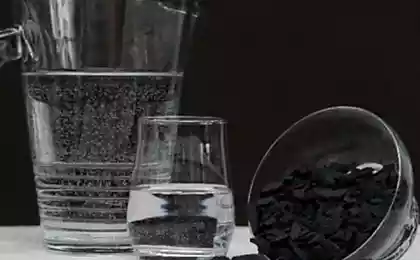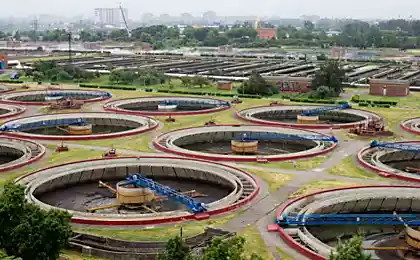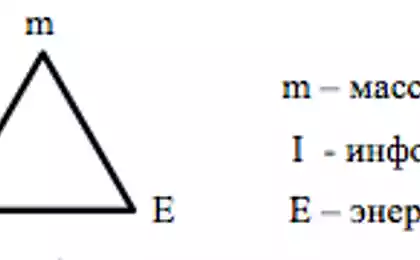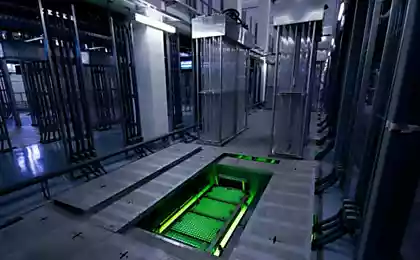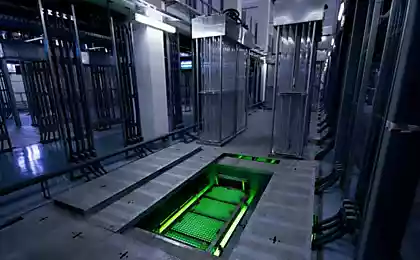444
In India develop a water purification system based on solar energy
Indian scientists are developing solar energy system that could enable people from the remote parts of the country access to clean drinking water.
Water pollution is a serious problem in developing countries, however, scientists are diligently looking for ways to fix this situation. Researchers from Edinburgh University are developing an inexpensive technology, low energy consumption, which will help to decontaminate wastewater in remote communities, where it is difficult to find a source of clean water.
Sixty eight million five hundred twenty thousand eight hundred ninety one
This purification system is based on solar batteries and will help to provide rural communities in India with clean drinking water and reduce the spread of disease.
In this country of about 77 million people lack access to clean water — more than any other country in the world. In order to make contaminated water safe to drink, the waste is removed from it using filters, and then separated all of the remaining organic matter and bacteria.
Chemists and engineers adapted existing technology to provide a simple process of disinfection in the second stage and make it energy efficient.
Their system uses solar light to obtain high-energy particles in the solar materials, which activate the oxygen in water that allows you to "burn off" the contaminants and bacteria.
Sixty five million seven hundred thirty seven thousand six hundred forty five
Dr. Aruna Ivaturi at the University school of chemistry believes that the widespread water filtration can be achieved by a simple installation of a modified solar-activated materials in containers with contaminated water, placing them in direct sunlight.
The team hopes to have five months to begin testing within a large-scale pilot project. published
Source: solarpanels.com.ua/news/v-indii-razrabatyvayut-sistemu-ochistki-vody-na-osnove-solnechnoj-energii/
Water pollution is a serious problem in developing countries, however, scientists are diligently looking for ways to fix this situation. Researchers from Edinburgh University are developing an inexpensive technology, low energy consumption, which will help to decontaminate wastewater in remote communities, where it is difficult to find a source of clean water.
Sixty eight million five hundred twenty thousand eight hundred ninety one
This purification system is based on solar batteries and will help to provide rural communities in India with clean drinking water and reduce the spread of disease.
In this country of about 77 million people lack access to clean water — more than any other country in the world. In order to make contaminated water safe to drink, the waste is removed from it using filters, and then separated all of the remaining organic matter and bacteria.
Chemists and engineers adapted existing technology to provide a simple process of disinfection in the second stage and make it energy efficient.
Their system uses solar light to obtain high-energy particles in the solar materials, which activate the oxygen in water that allows you to "burn off" the contaminants and bacteria.
Sixty five million seven hundred thirty seven thousand six hundred forty five
Dr. Aruna Ivaturi at the University school of chemistry believes that the widespread water filtration can be achieved by a simple installation of a modified solar-activated materials in containers with contaminated water, placing them in direct sunlight.
The team hopes to have five months to begin testing within a large-scale pilot project. published
Source: solarpanels.com.ua/news/v-indii-razrabatyvayut-sistemu-ochistki-vody-na-osnove-solnechnoj-energii/
Scientists have invented a filter for purifying radioactive water
Scientists have discovered superconductivity in graphene

